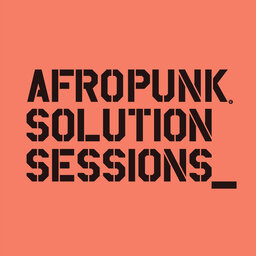AFROPUNK Solution Sessions
AFROPUNK Solution Sessions uses the spirit and power of community to tackle the most important conversations about how culture, activism, and politics…20 clip(s)
Loading playlist
Bridget and Yves sit down with mother-daughter duo Michaela Angela Davis and Elenni Davis-Knight to talk legacy, Black genius, making space in art, music, and beauty, and Black girl fairy dust.
Learn more about your ad-choices at https://www.iheartpodcastnetwork.com
 AFROPUNK Solution Sessions
AFROPUNK Solution Sessions


